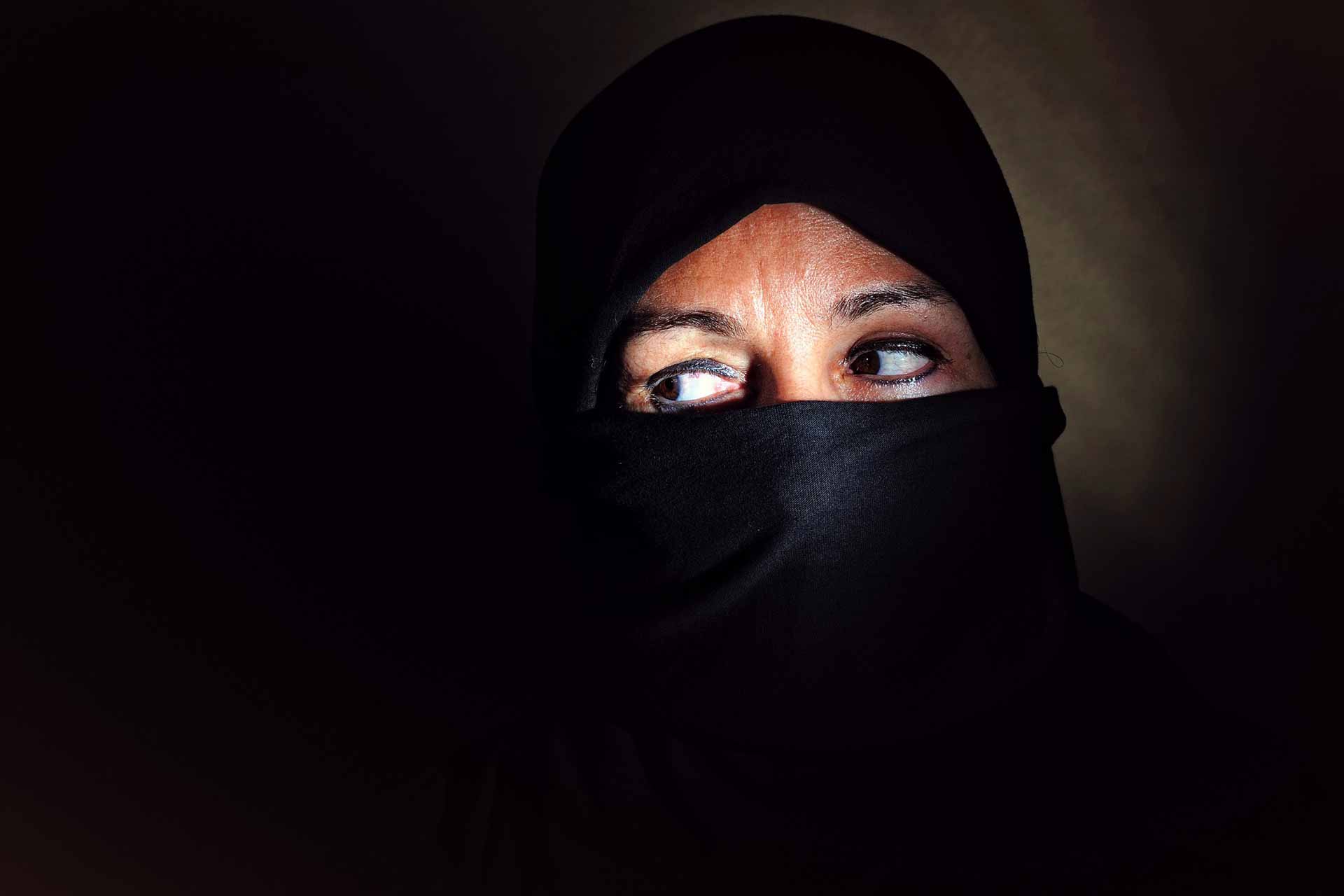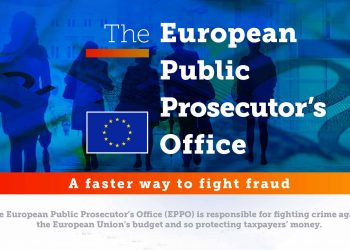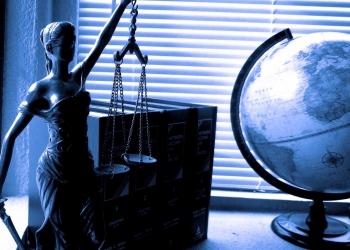Covering your face with a piece of cloth is banned, but wearing a face mask is now mandatory. Do burqa bans make us safer like face masks? If you cover your face with a veil, you will normaly face a fine in most European countries. The bans cover masks and helmets but Police and community patrols focus on religious clothing, like the niqab or burqa. Today wearing a face mask is mandatory in Europe to prevent COVID19 outbreak.
Do burqa bans make us safer like face masks?
On the other hand, bans against face coverings usually focus on clothing that obscures a person’s facial features. Coronavirus pandemic measures came with a paradox in European countries that have already banned the full-face veil. After burqa bans in many European countries, face masks against COVID-19 have become mandatory.
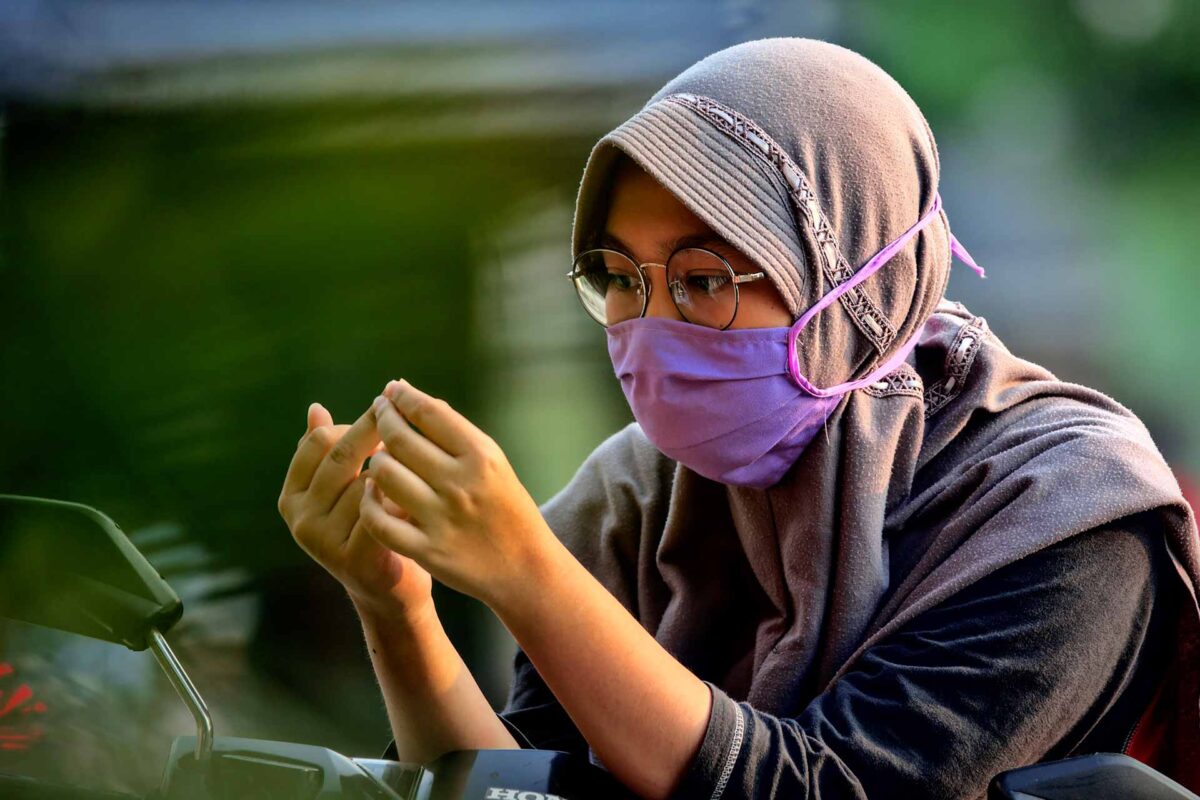
Police in Denmark say they fined a Turkish tourist 1,000 kroner for wearing a full-faced veil. European countries have similar restrictions – burqa bans in public places. Do you agree that in a liberal democracy, everybody should be free how to dress and how to practise their faith?
Does Burqa ban on face covering violate individual freedoms?
Denmark’s burqa ban prohibits garments covering the face, including burqas and niqab. The Danish parliament approved a bill in May 2018 to punish anyone wearing a full-face veil with a fine. This fine could increase tenfold if an individual was caught again. It is due to come into effect in August 2018.
The Islamic veil across Europe
Countries across Europe have wrestled with the issue of the Muslim veil. There are various forms such as the body-covering burka and the niqab, which covers the face apart from the eyes. The veil issue is part of a wider debate about multiculturalism in Europe. Many politicians argue that there are needs to be a greater effort to assimilate ethnic and religious minorities.
Islamic dress in Europe, especially the variety of headdresses worn by Muslim women, has become a prominent symbol of the presence of Islam. The issue of Islamic dress has a close link with issues of immigration and the position of Islam in western society.
#BURKA #BURKINI #NIQAB #HIJAB #CHADOR
There are currently 8 nations in Europe that have already banned the burqa. EU member states are Germany Austria, Denmark, France, Belgium, The Netherlands, Latvia and Bulgaria. In Spain and Italy there are no plans for a national ban. Many cities have announced a ban on full Islamic face-veils in some public spaces such as municipal offices, public markets and libraries.
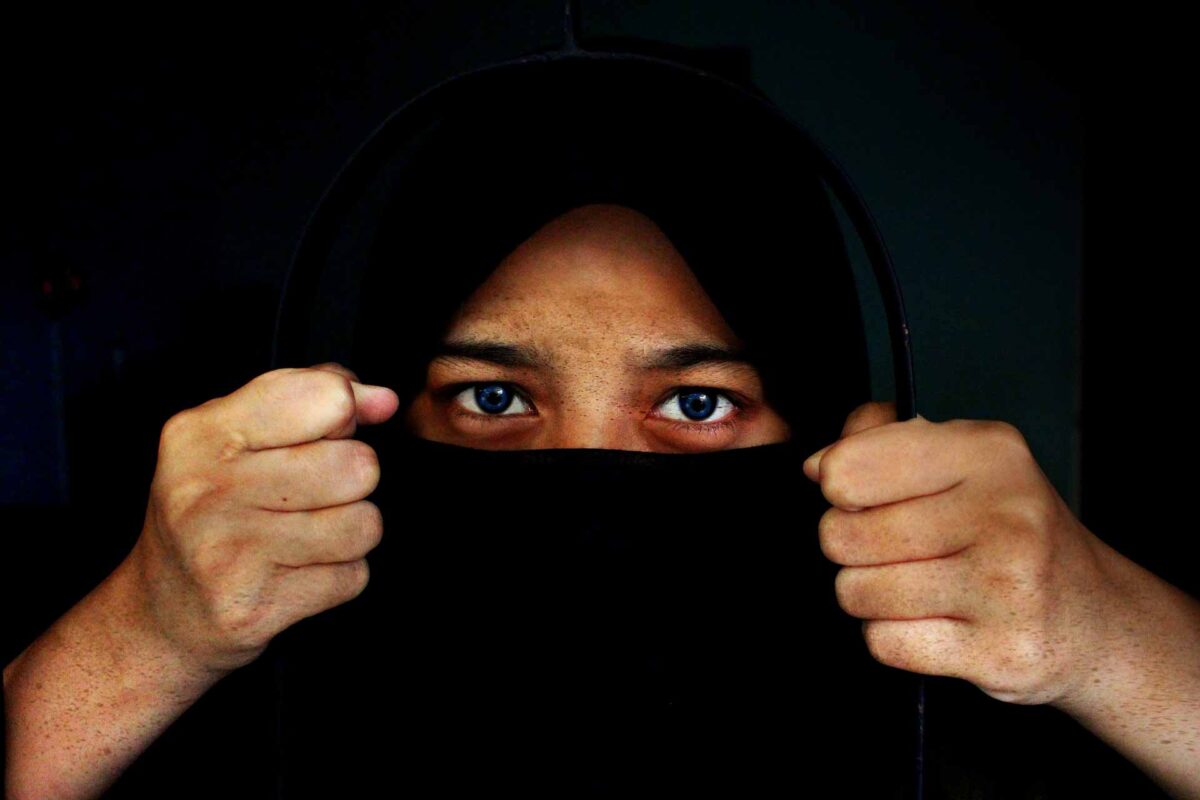
Burqa ban arguments – Yes or No?
Over the past decade, several European states have moved to ban or restrict the wearing of Islamic face veils. Supporters of these bans maintain that they are necessary to ensure national security and cultural assimilation. Opponents, on the other hand, argue that prohibitions on the veil unjustly restrict the religious liberty of Muslim women. Interestingly, though, despite the controversy surrounding restrictions and bans on the veil and conflicting expectations on the effects of these limitations, little research has attempted to rigorously analyze their effect on radicalization.
Public debate exacerbated concerns over immigration, nationalism, secularism, security, and sexuality. Arguments supporting ban include that face coverings prevent the clear identification of a person (which may be a security risk, or a social hindrance within a society which relies on facial recognition and expression in communication). Also that the alleged forcing of women to cover their faces is sexist and that Muslims who continue this practice should be forced to assimilate into traditional French social norms.
Arguments against include that the ban encroaches on individual freedoms. It discriminates against interpretations of Islam that require or encourage women to wear face coverings. It takes away the choice of women to decide whether to dress according to a particular standard of modesty and prevents anonymity in situations where it might be socially or personally desirable.
Why Europe keep trying to ban Islamic body wear?
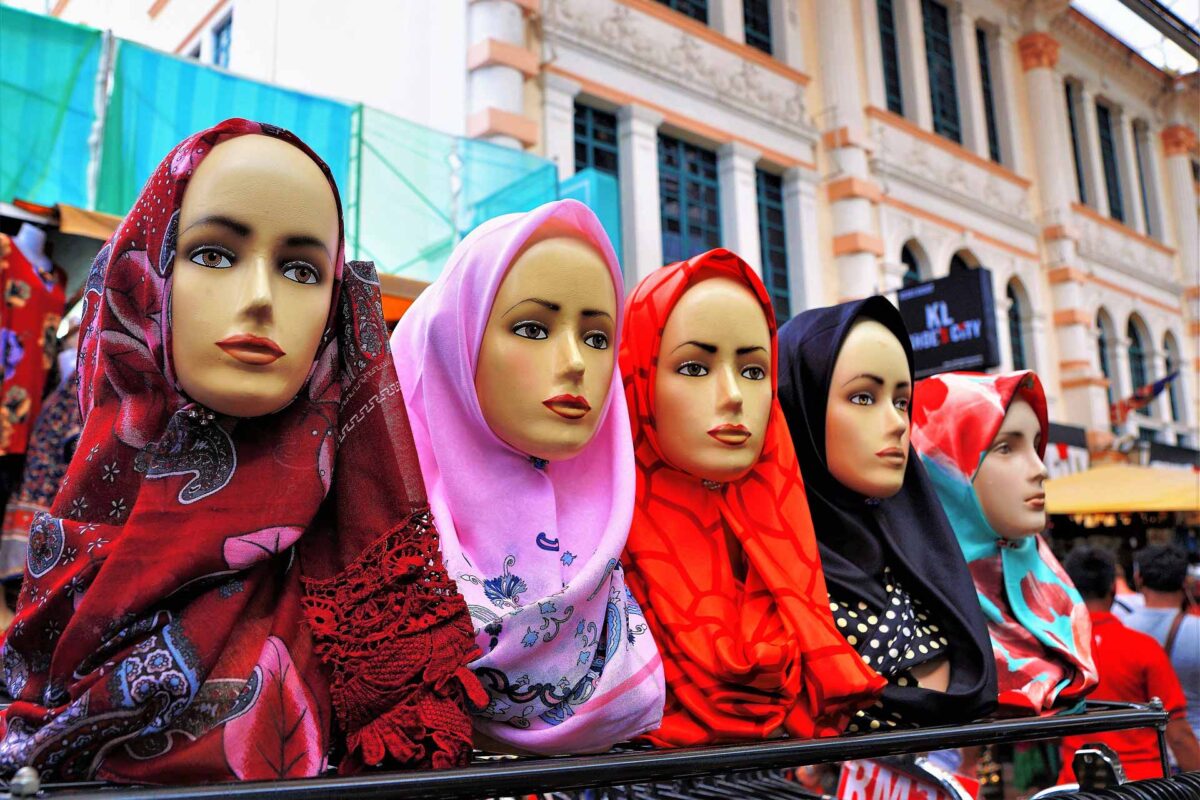
European Court of Human Rights
The 2010 French law against covering the face in public, known as the “Burqa ban”, was challenged and taken to the European Court of Human Rights which upheld the law on 1 July 2014, accepting the argument of the French government that the law was based on “a certain idea of living together”. The law taken to the European Court of Human Rights accepted the argument of the French government that the law was based on “a certain idea of living together”.
Is there a question of women’s rights?
In October 2018, the United Nations Human Rights Committee declared that France’s ban disproportionately harmed the right of women to manifest their religious beliefs. Also it could have the effects of “confining them to their homes, impeding their access to public services and marginalizing them.
Employers in the EU may restrict the wearing of religious symbos if there are such regulations on appearance in a consistent manner. This was a decision ruling by the European Court of Justice in a case involving two Belgian women.
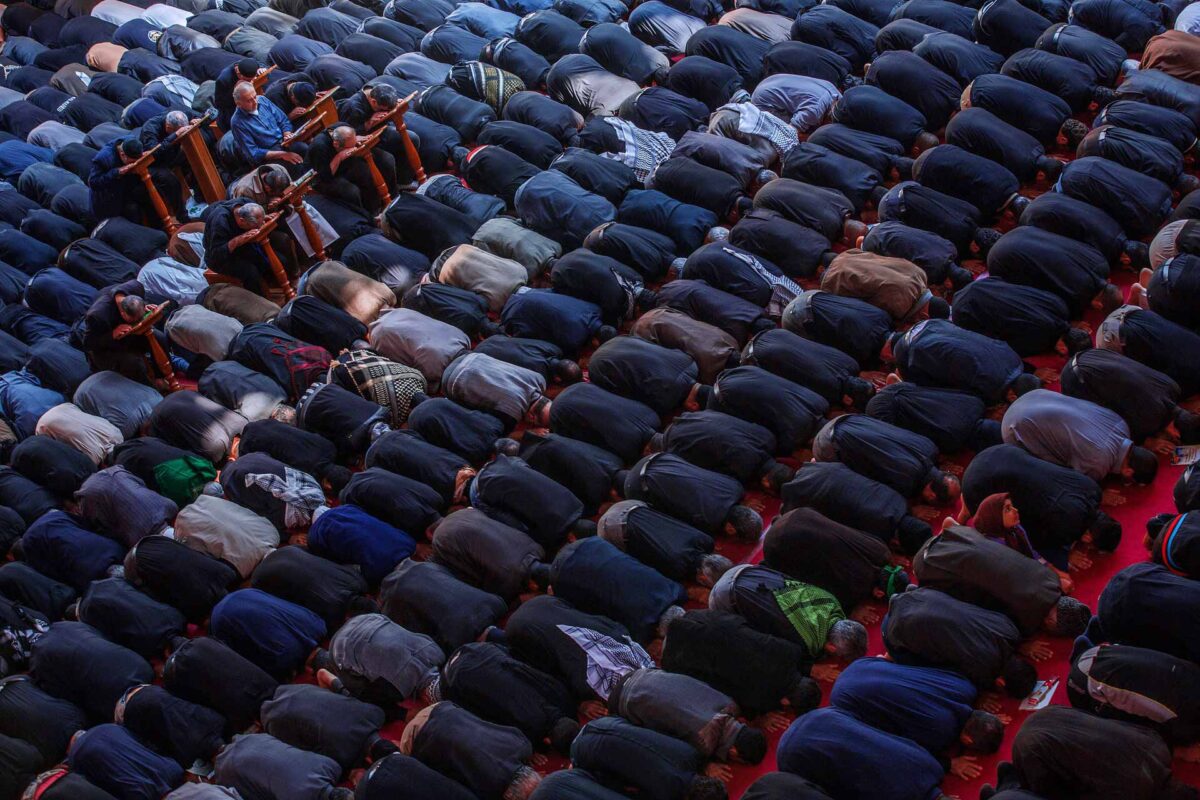
Do burqa bans make us safer?
The wearing of the full face veil in public has caused controversy throughout Europe. Public safety was the main reason for the governments for the ban. Muslim women have reported increased discrimination and violence. In some countries bans are being put in place, with women being denied access to state offices and public markets, if they insist on wearing face coverings. This includes the wearing of the hijab, burqa, and niqab – different types of hair and face covering. The evidence for wearing a face mask in public to prevent the spread of Coronavirus is clear. Research has shown that most face coverings, including the niqab, do not impede communication.

